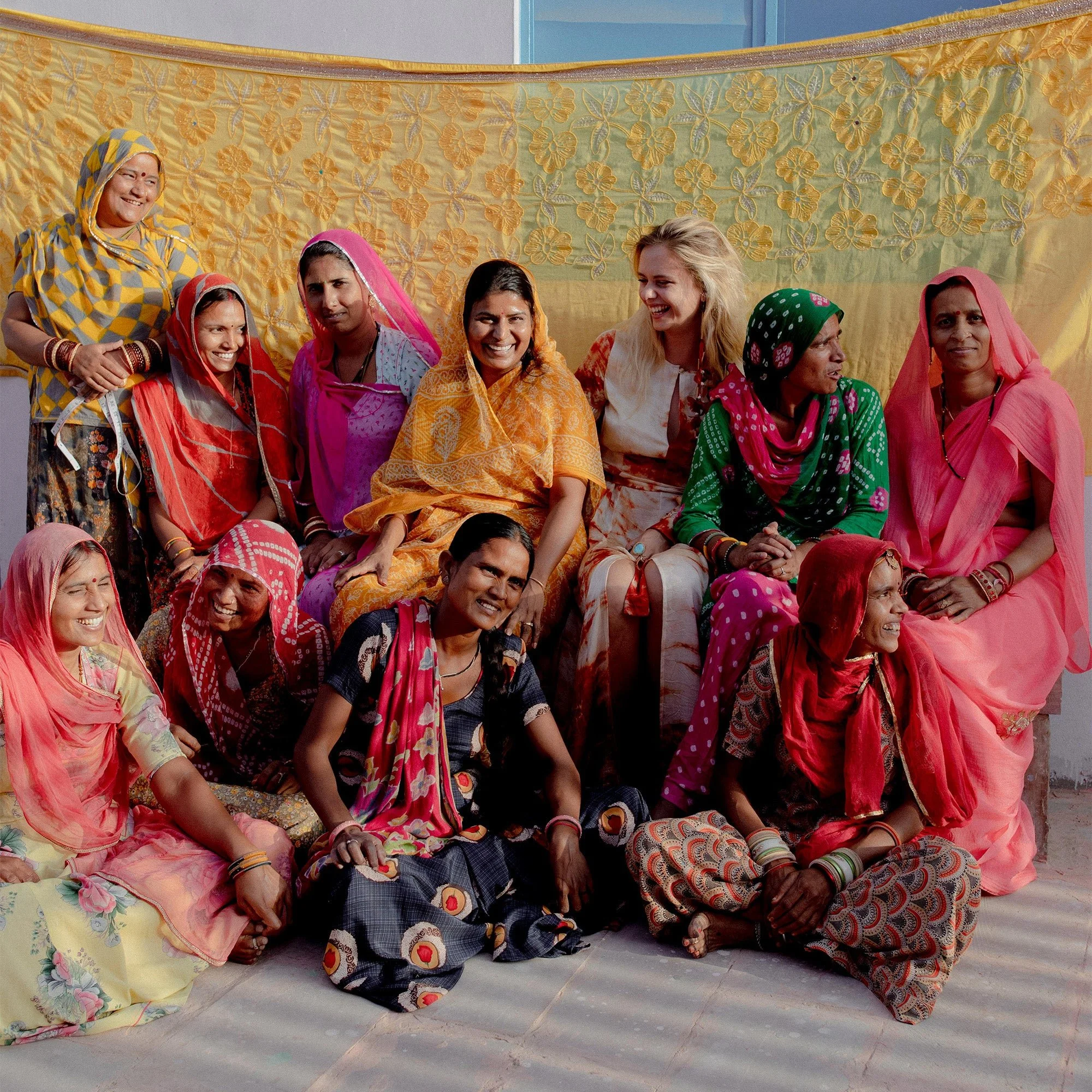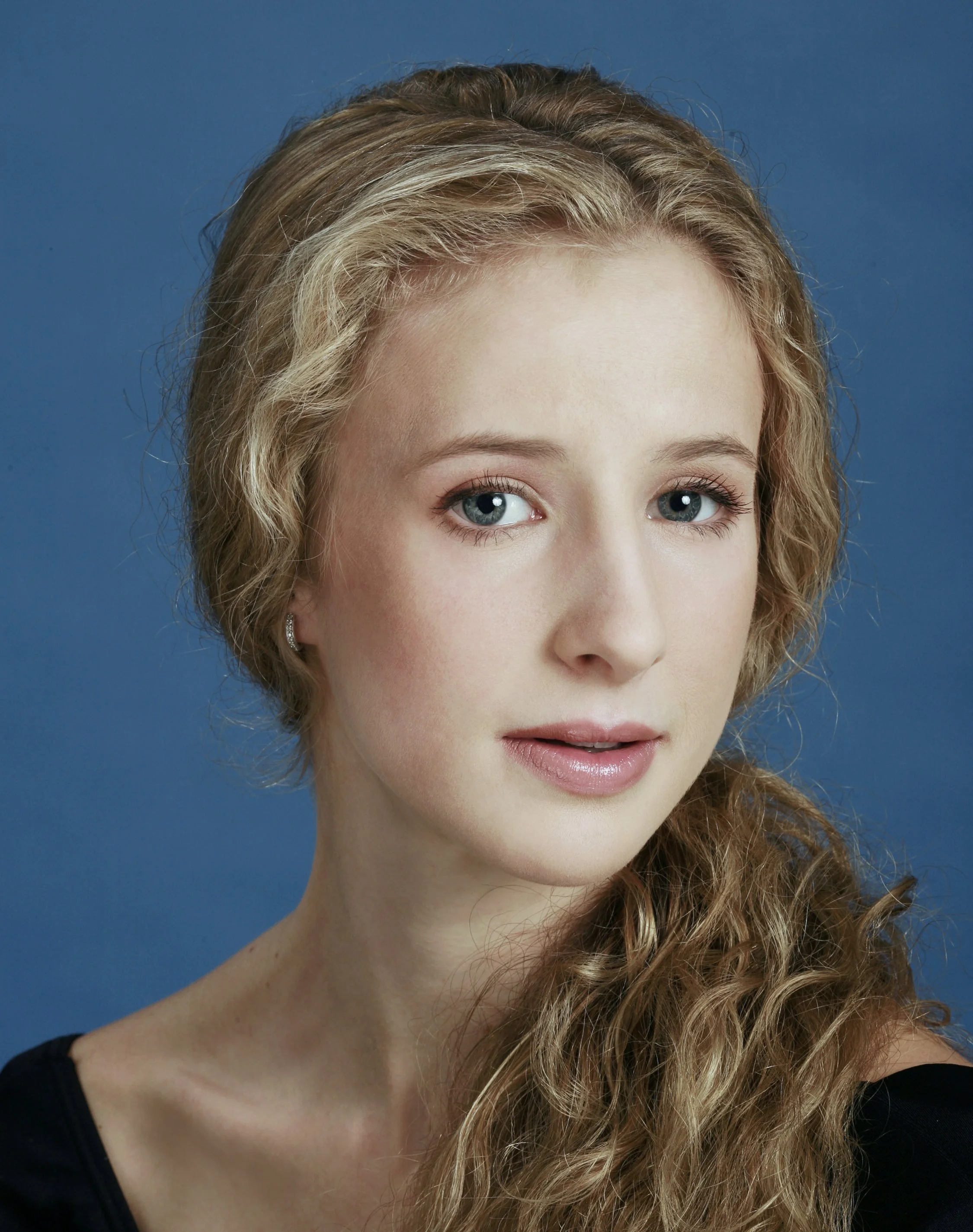woman
This website aims to inspire and inform, offering content on a variety of topics while shifting the focus away from appearances. It is not intended to shame anyone, promote misandry, or take a certain political stance. Our goal is to highlight the topics that matter most to us—mental health, fighting the beauty standards, life experiences, global events, women’s achievements, and personal growth.
For ‘THAT WOMAN’.
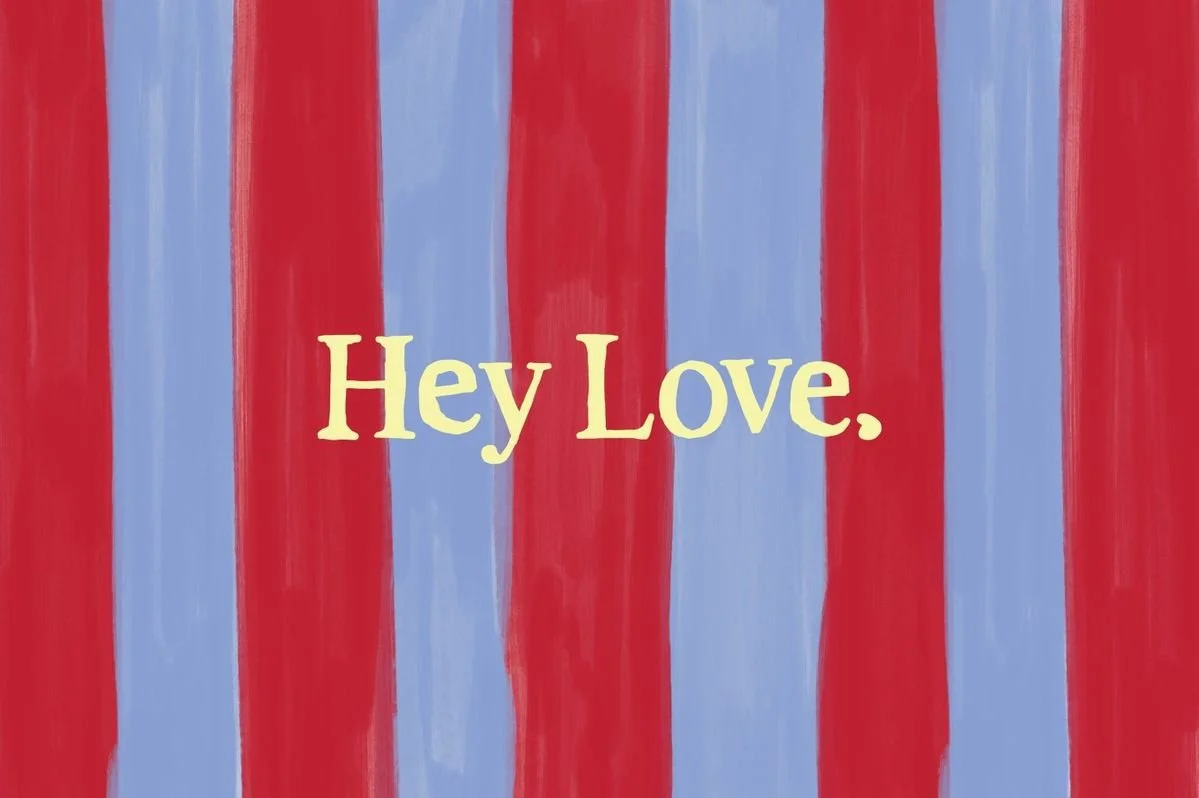
Doxa & imposter syndrome
Doxa: the Greek word for taken-for-granted beliefs. Imposter syndrome: the persistent feeling that you don’t deserve your success and will eventually be exposed as a fraud.
These are things I personally have struggled with. For so long, I’ve had certain beliefs about myself, which in turn made me doubt my achievements or my abilities, because those two factors didn’t align with each other. But, my frame of reference has finally changed. I think these phenomena are very real and relatable. But, you must not believe that what has always been is what always will be.
I study International Relations and it has taught me that the status quo of the world is something we often see as something ‘natural’; though it is not. The same goes for our lives, what appears as something natural, the way things are, is not something that is to be perceived as given. Nothing in life is guaranteed, for better or worse. Use that to your advantage.
There are so many good things happening in my life that I would have never seen coming. I am a different person than I used to be. I wholeheartedly believe in God these days. I’ve lost friends that I thought I would be friends with forever. I’ve met new people that I never would’ve guessed would become important to me. I’ve found love. I am stronger, mentally and physically. For the first time in my life, I have abs and back muscles. I am smarter, I get better grades than I’ve ever gotten. I have a higher work ethic, I have more energy, and the best of them all; I am no longer depressed.
I thought that I would function the same way as a person for the rest of my life. It’s so easy to perceive the status quo as something given, but anything can happen. That’s why I encourage you to change your frame of reference, break free from the doxa and trust that you are not an imposter. No one else really knows what the heck they’re doing anyway.
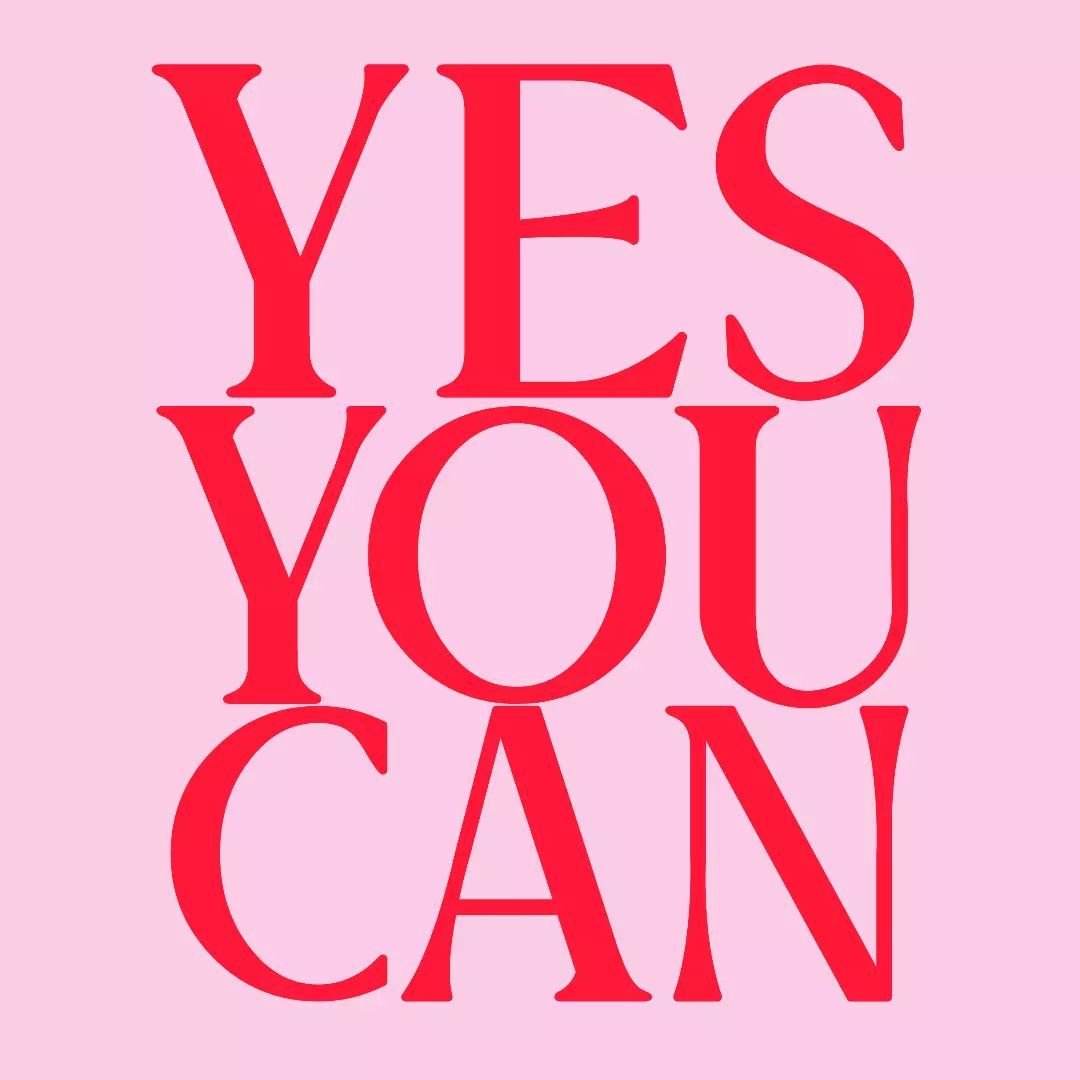
We recommend:
On Purpose with Jay Shetty
Episode 676
“DR. DANIEL AMEN: STRUGGLING TO FOCUS, STAY ORGANIZED, OR FEELING OVERWHELMED BY YOUR TO-DO LIST? ADHD COULD BE QUIETLY RUNNING YOUR LIFE (THIS IS WHAT TO DO!”
Personally, I really liked this episode, because Dr Daniel Amen speaks a lot about ADD/ADHD in women.
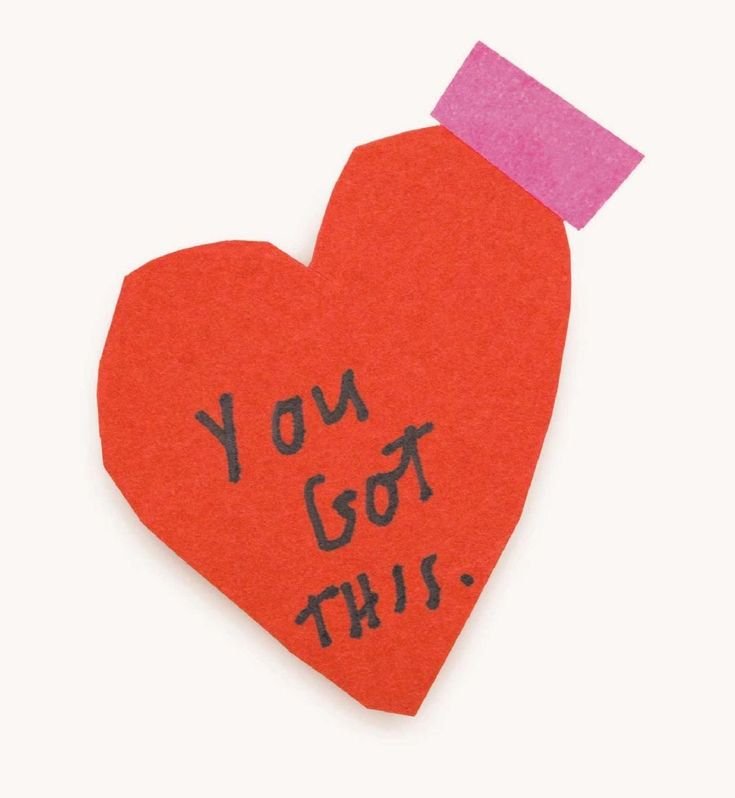
PMDD & PMS
“At least 90% of women with regular menstrual cycles report unpleasant physical or psychological symptoms premenstrually. For the majority of women, these symptoms are mild and tolerable. However, for a certain group of women, these symptoms can be disabling and may cause significant disruption in their lives.” - MGH CENTER for woman’s mental health
To be frank with you, I have currently ZERO inspiration, motivation, nor discipline, to continue working on my goals. Life sucks. I suck. Everything sucks.
I am never going to achieve my goals. I am the worst person alive.
I am in my luteal phase.
Everytime I find myself in the trenches, fighting for my life. No kidding. Every single time. After some trial and error I’ve learned that this loss of grit and increased pessimism is caused by my hormones.
I lose myself completely, I turn into a total mess. Oftentimes I have to focus on just keeping myself alive. “The only way out is through”; is my mantra during my luteal phase.
Crazy thing is though, that I didn’t know my hormones were the reason for all of these thoughts and feelings. For many years I thought it was just flare ups of a former depression, and deep insecurities coming back to the surface.
Now I know that it’s just temporary feelings, and nothing is wrong with me. My mind is playing tricks on me - they’re only thoughts, not facts. So, take this as a sign for you to learn more about PMDD and PMS if you relate to feeling like your world is colliding every one or two weeks before your period.
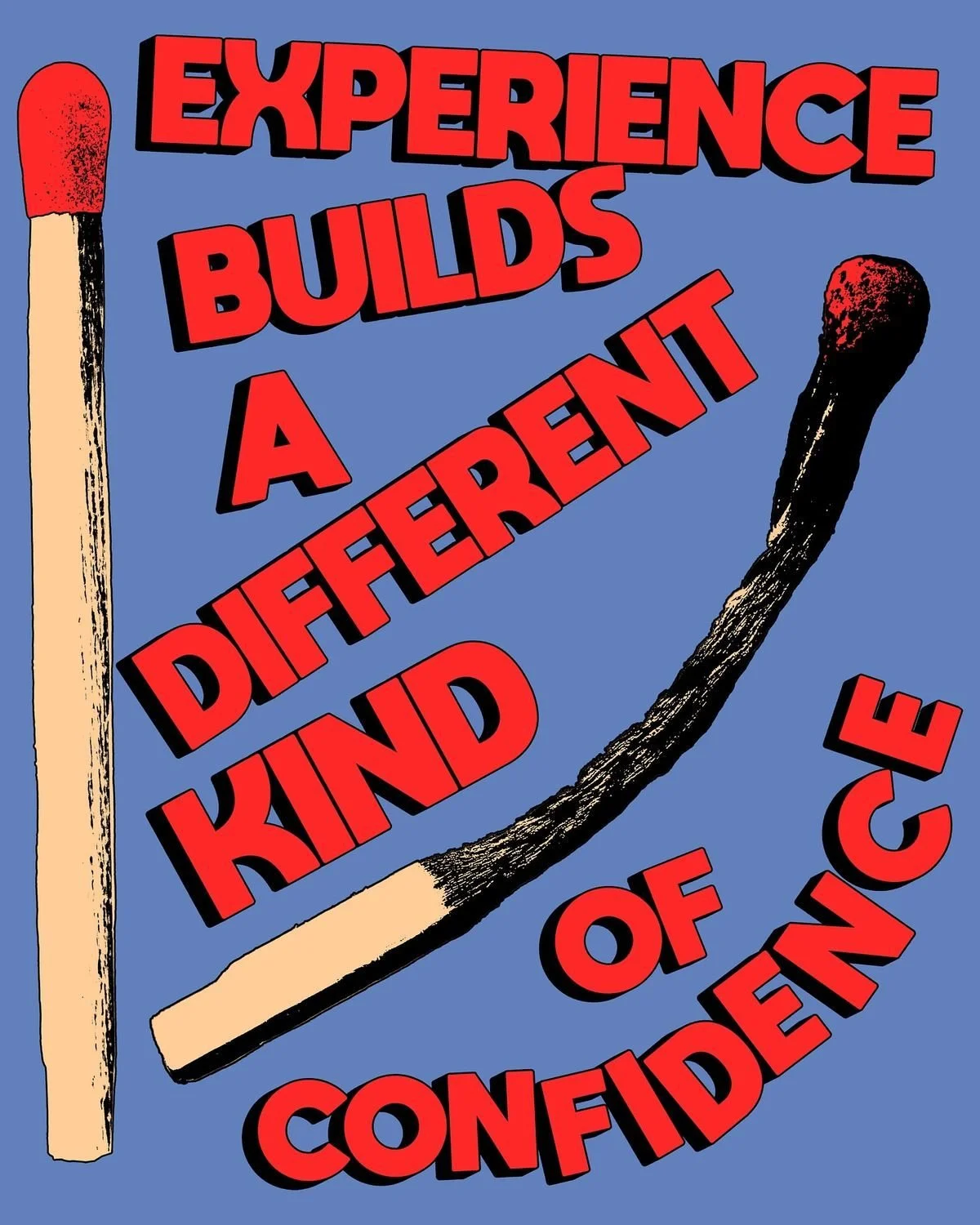
when your brain says you can’t
I want you to tell yourself that you can’t lift your arm. Focus on that thought. “My arm won’t go up.”
Now I want you to raise your arm. Could you?
My guess is yes.
Whatever battle you are fighting in your head, just know; that you can.
So, DO.
Believe in yourself. Nothing is temporary, you are not the same person as you were yesterday, and most importantly;
YOU can.
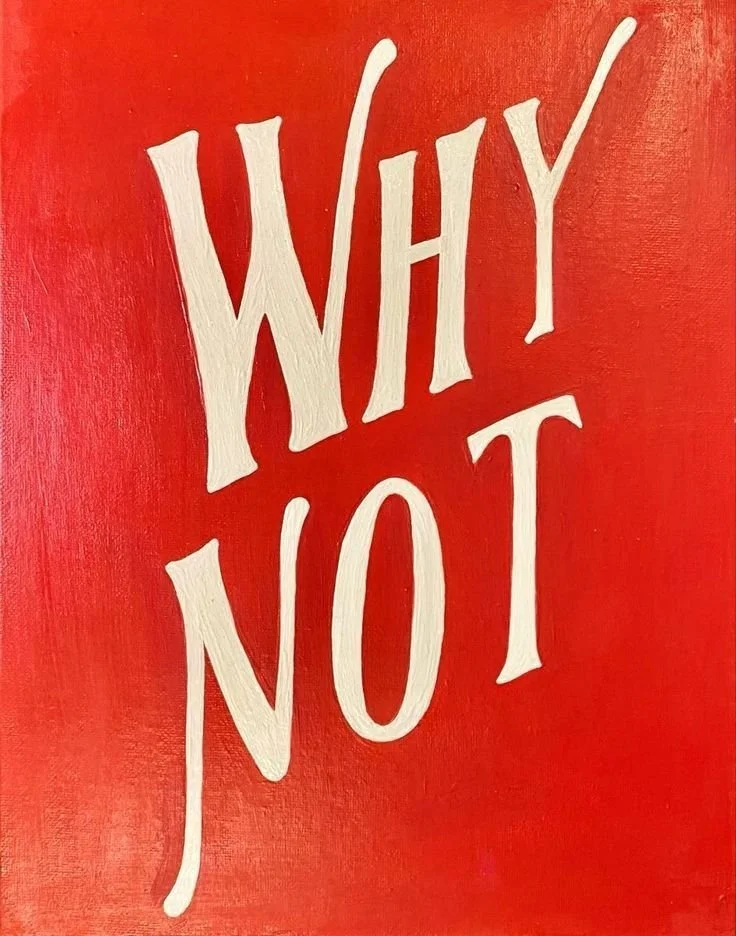
The movement is alive
“For years, the Dove Self-Esteem Project has empowered girls to shift their focus from how their bodies look to what their bodies can do – a powerful step towards building lasting body confidence and self-esteem. Let’s give girls even more reasons to feel confident by celebrating the qualities that make them who they are, such as creativity, courage, intelligence, braveness and many more.” - Dove
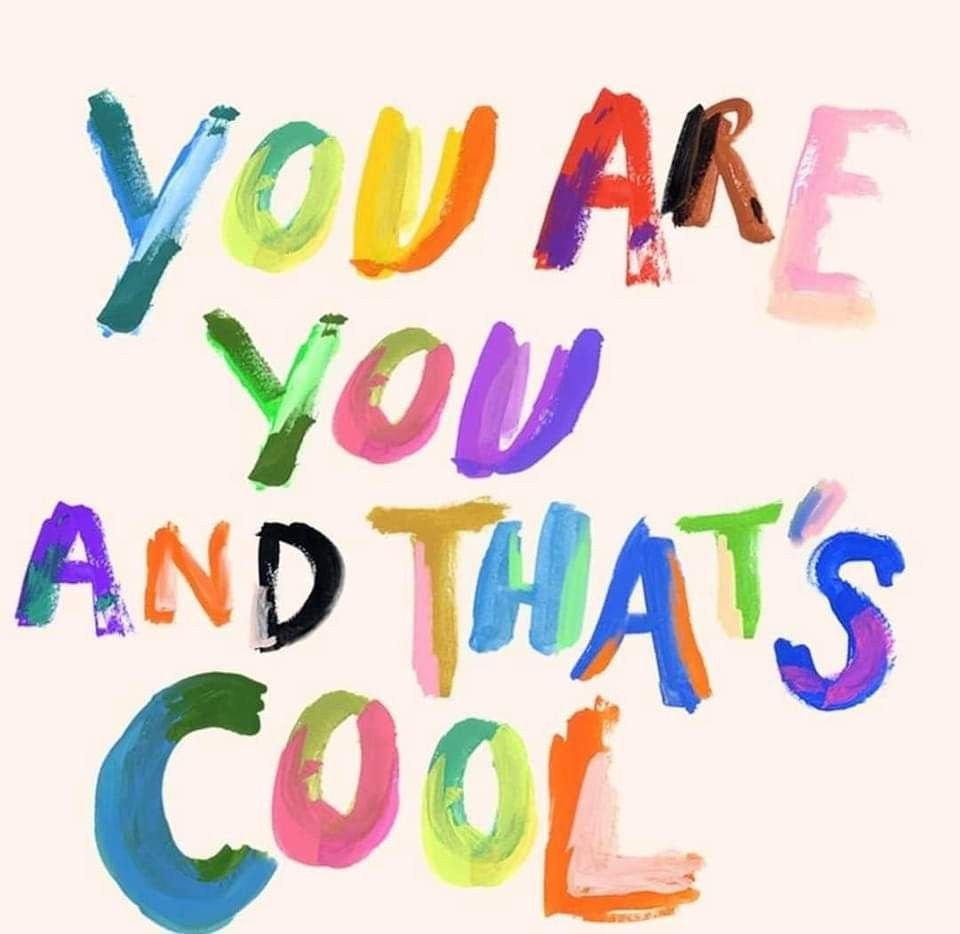
We recommend:
Anything goes with Emma Chamberlain
“Anything Goes” with Emma Chamberlain is a podcast centered on candid dialogue and thoughtful reflection, Emma sits down each week to share unfiltered conversations about her thoughts, emotions, and experiences—especially around mental health. She doesn’t sugarcoat or try to be perfect; instead, she talks openly about anxiety, self-doubt, growth, and all the messy parts of being human.
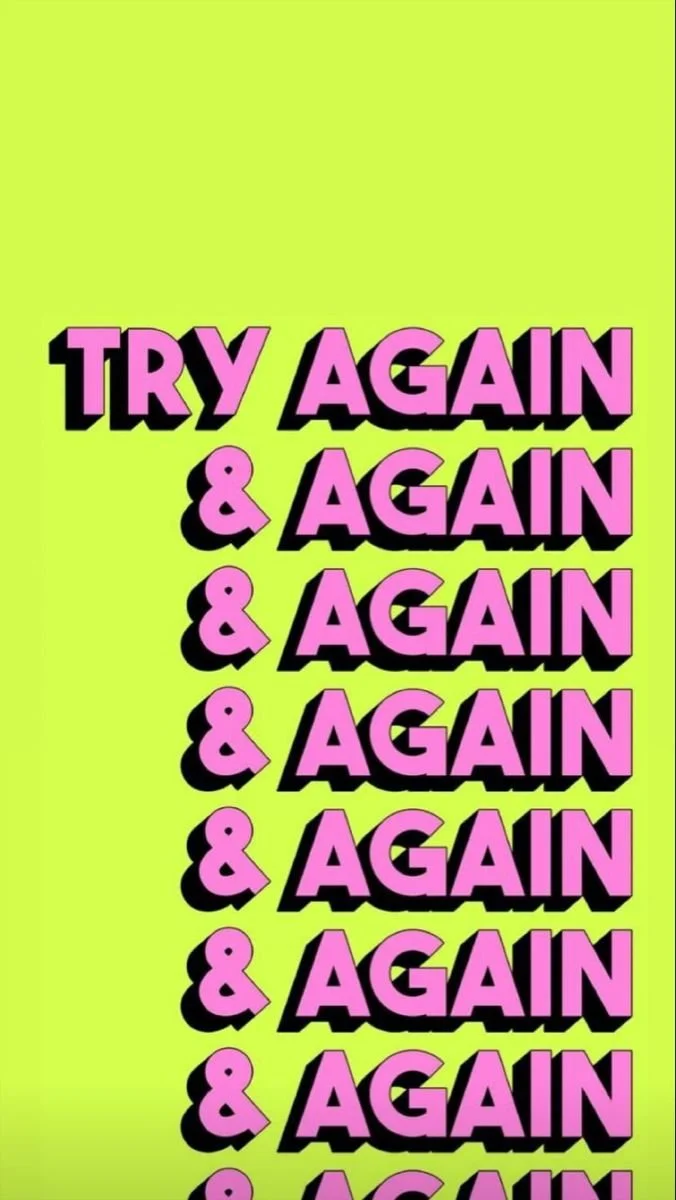
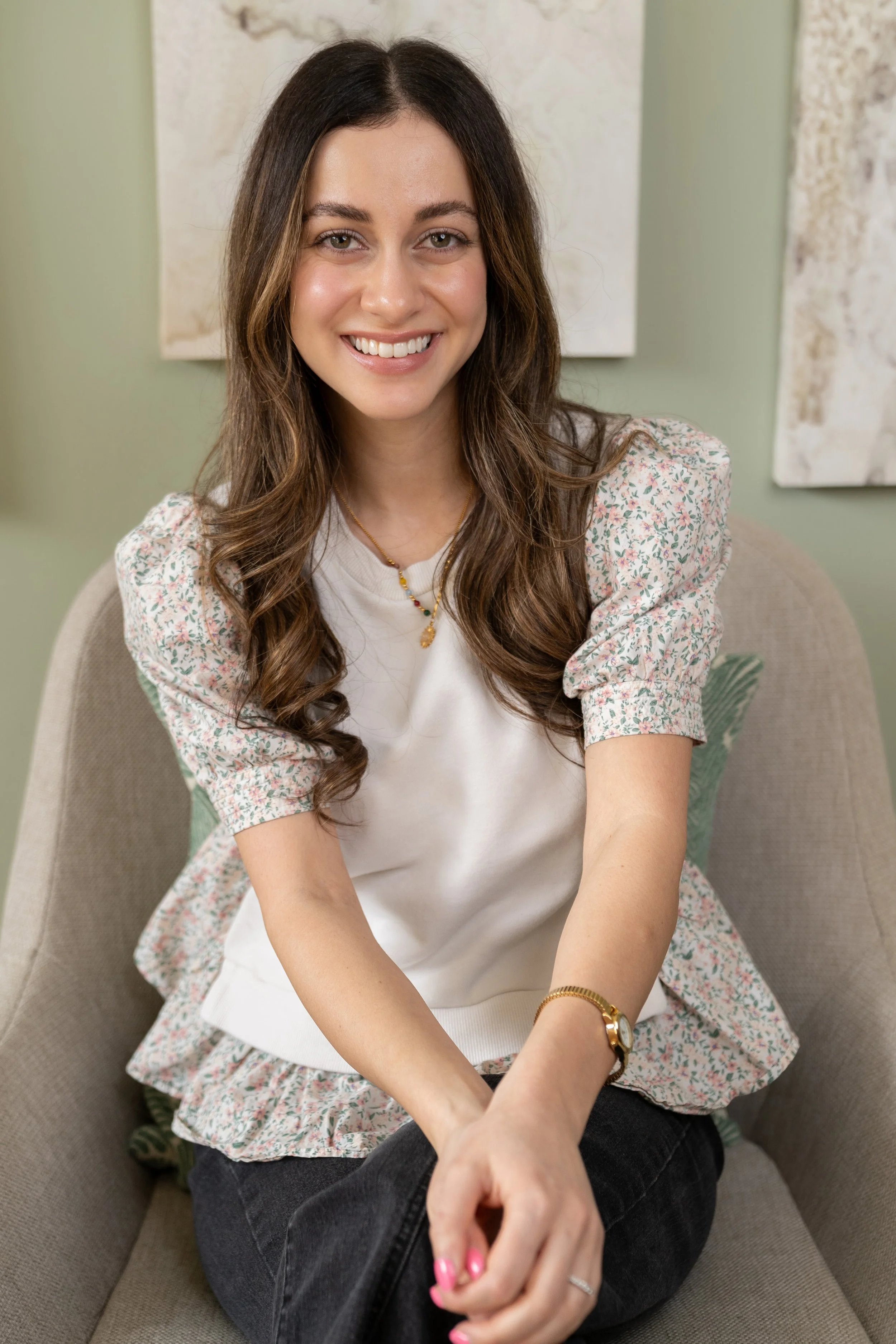
Tara Montazeri
This is a Nudge for you to read this
Something I’ve been doing recently is that I’ve been ‘nudging’ myself, to push myself in the right direction. To do the stuff I don’t want to do or to change the outcome.
The nudges are so small you barely notice them, but they make such a big difference. It is truly life changing to make smart choices in your daily life, that changes the entire outcome of your day.
What I mean by “nudging myself” is that I for example carry my computer with me to the kitchen when I’m about to eat breakfast, JUST in case I want to write something on here. That way, I don’t have to walk all the way back to my bedroom to get it, which probably won’t happen, unless I feel super inspired to write something. Or, another example is; when I don’t feel like studying I open the document on my computer that I need to read, and just look at it. As it’s in front of me, I start to read one sentence, then another one, and another one. At that point, I might as well read it all, so that’s what I end up doing. Another one is that I leave my book and journal on top of my bedside table, instead of inside of it, so that I can grab it more easily. If I don’t feel inspired to write something in my journal or don’t feel like reading anything, I just start by opening the book, telling myself to write or read “just one sentence” and then all of a sudden I’ve read or written a whole page. Woopsie! How did that happen? I nudged myself! Does this make me sound super lazy?
Nudging yourself is about taking small actions that make other more demanding tasks easier. Nudging yourself is also about starting somewhere. Just start. I know, very cliché, you’ll probably read that sentence in every self-help book ever, but it works.
I wasn’t planning on writing this post, but I nudged myself. I brought my computer into my bedroom with me, opened Google Docs ‘just because’, even though I didn’t plan on writing something, started writing one word ‘just because’, and then magic happened. Now I have a whole post for you to read about the benefits of nudging.
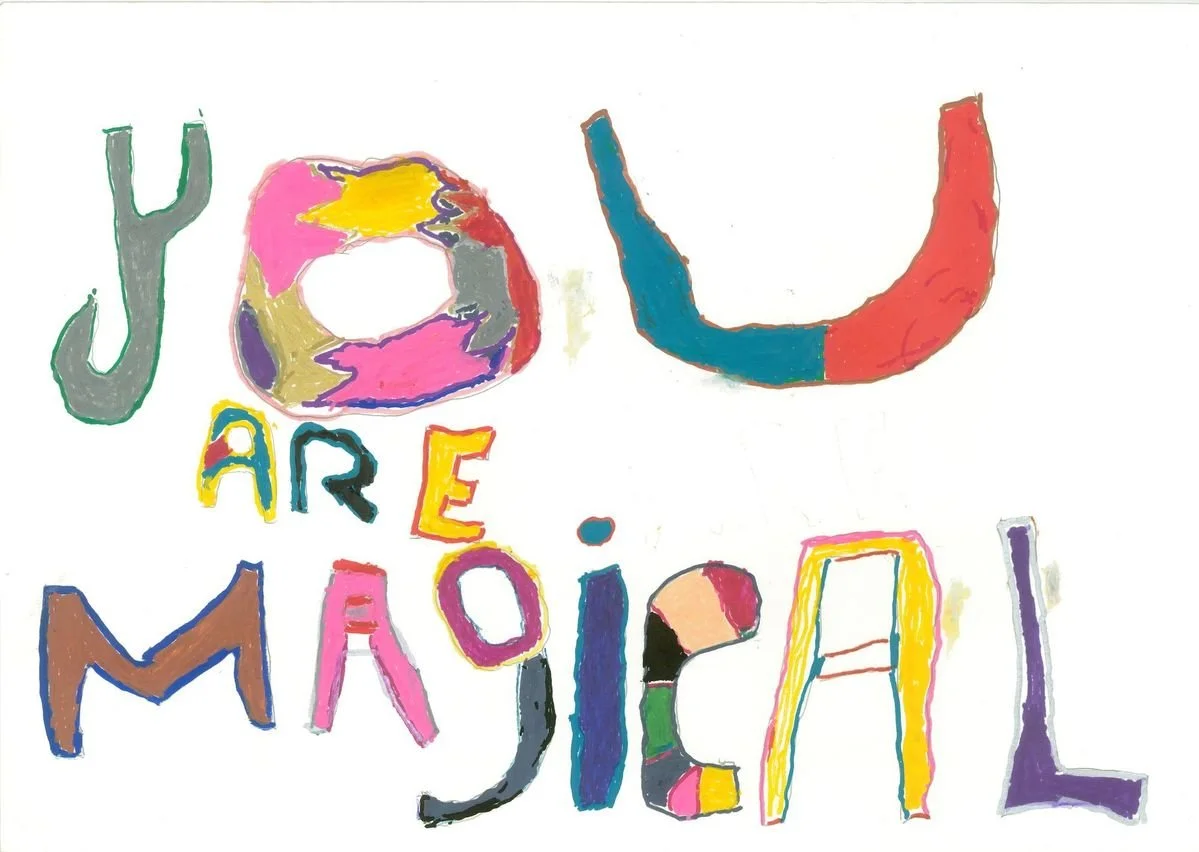
Post-colonial perspective, feminism, sudan
Something I’m struggling with is the post-colonial aspect of world politics and feminism. I myself am a white woman and I feel torn on how to make a positive impact from where I’m sitting.
I want to spread awareness but also embrace non-Western women. Without becoming a ‘Western feminist’ that tends to portray women in the non-Western world as passive victims, without their own agency, and who thus need to some extent to be “saved” or “liberated”. That is not my mission. I want to embrace all women in all parts of the world, but also raise topics about relevant issues.
I’m bringing this up because I feel obligated to share information and spread awareness about the use of sexual violence as a war tool that is going on in Sudan. It is grotesque. My heart breaks for all of the women in the world who have been sexually assaulted in one way or another.
According to an article written in April 2025 on UN WOMEN’s website;
“The conflict in Sudan has disproportionately shattered the lives of women and girls. Millions have suffered displacement, been stripped of their livelihoods, exposed to soaring levels of gender-based violence, and pushed to extreme hunger.
Women outnumber men as internally displaced persons across all age groups: 53 per cent of internally displaced persons are female. UN reports show there are at least 5.8 million women and girls displaced within the borders of Sudan. Women make up more than half of the 12 million people displaced inside and outside Sudan.
Alarming rise in gender-based violence and sexual abuse: In less than two years, the number of people at risk of gender-based violence has more than tripled. An estimated 12.1 million people, or 25 per cent of the population, are at risk. While cases remain vastly under-reported and services are at a standstill, in 2024 Sudan saw a staggering 288 per cent increase in demand for gender-based violence services, compared to previous year.
Women’s economic insecurity puts them more at risk of gender-based violence: With the collapse of women-led businesses, supply chain disruptions and financial losses, many women who were financially independent now rely on humanitarian aid. Their economic instability makes them even more vulnerable to gender-based violence and sexual exploitation.
Extreme food insecurity for women: Over half the population of Sudan – more than 24.6 million people – are facing acute food insecurity. Food scarcity has been detected in at least five areas, and five more will follow by May 2025 if the current conditions prevail. Women are less food secure than men because, under existing social norms, they often eat last and least after distributing food among other members of the household.
Nearly absent healthcare for women: Close to 80 per cent of hospitals in conflict-affected areas are no longer functioning. As a result, maternal deaths are surging and women and girls also lack access to menstrual health supplies, mental health support and safe spaces. Some 80 per cent of displaced women cannot afford or access clean water because of the distance they must travel and safety concerns.
Women have been excluded from peace talks: Although they are on the front lines, negotiating safe passage for people fleeing violence, providing lifesaving aid, and advocating for peace, women have been excluded from diplomatic talks, including regional and international peace negotiations held previously in Jeddah, Saudi Arabia. Supported by UN Women, women peace champions have demanded 50 per cent representation in peace processes.” - UN WOMEN
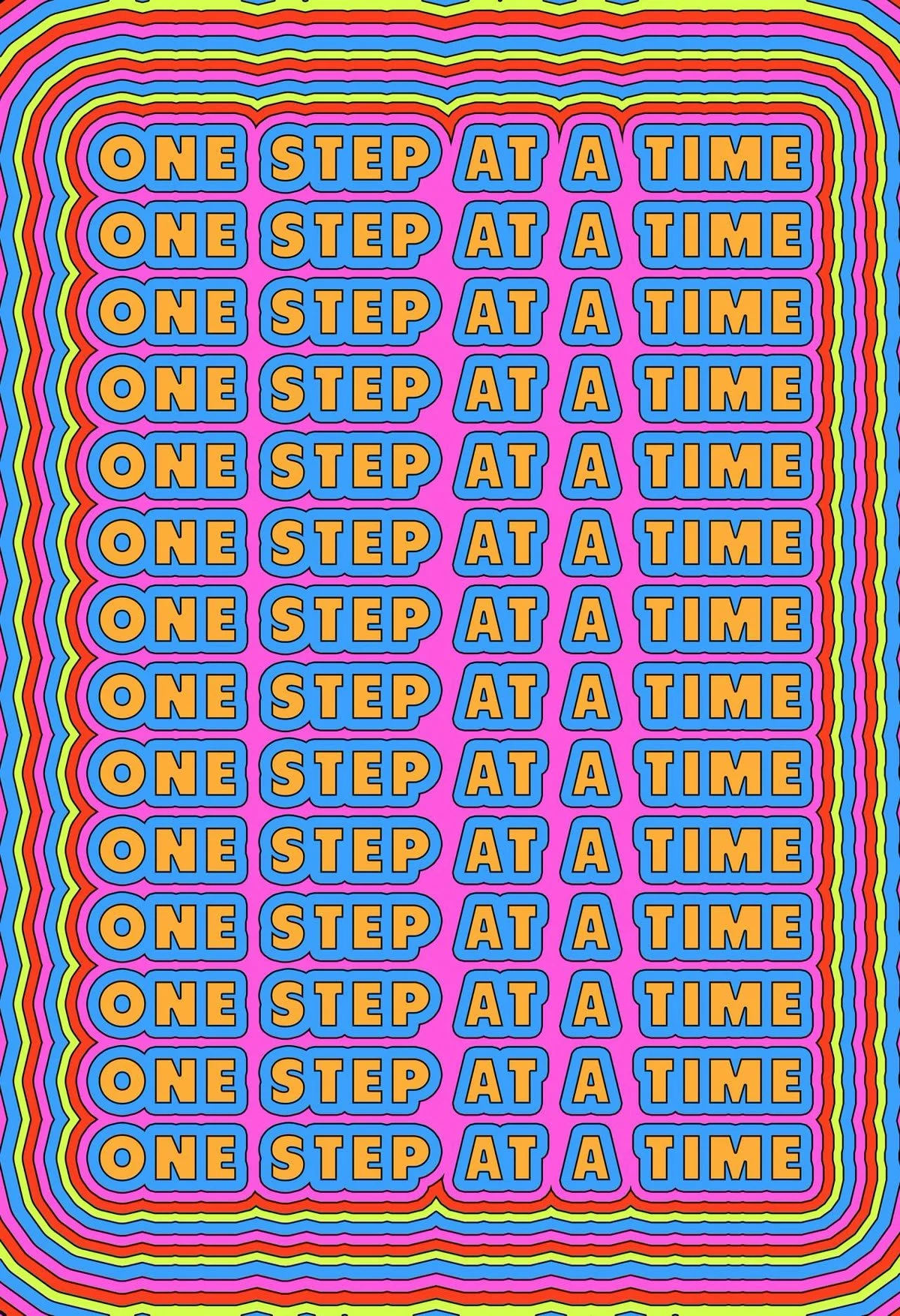
believe in yourself
In today’s post I want to encourage the person who’s reading this to believe in yourself.
This is really random, but recently I read an article about a woman named Mia Thomsen, also known as ‘MarathonMia’. This article told the story about Mia who went from not being able to run 1,55 miles, to eventually becoming one of Sweden’s leading ultra marathon runners.
This wowed me. Because, I myself workout quite a bit and some days I struggle to run 1,55 miles, to be honest. To think that I could achieve something similar is mindblowing to me. Just by having grit. Isn’t that an amazing thought?
Often we hear stories about people doing these extraordinary things, thinking that we can’t relate to their story at all. When in fact, the people who are doing all of these extraordinary things, are just ordinary people, with grit.
I hope this inspires you, because Mia’s journey really inspired me. It made me believe in myself a little bit more. When you doubt yourself I want you to think about Mia Thomsen, who once couldn’t run 1,55 miles, and then later in life being able to run hundreds of miles.
The article explained that she at 24 years old had enough of her current lifestyle and wanted to change her life, so she did. So can you. The only limit is yourself, I know, cheesy, but it’s so freaking true.
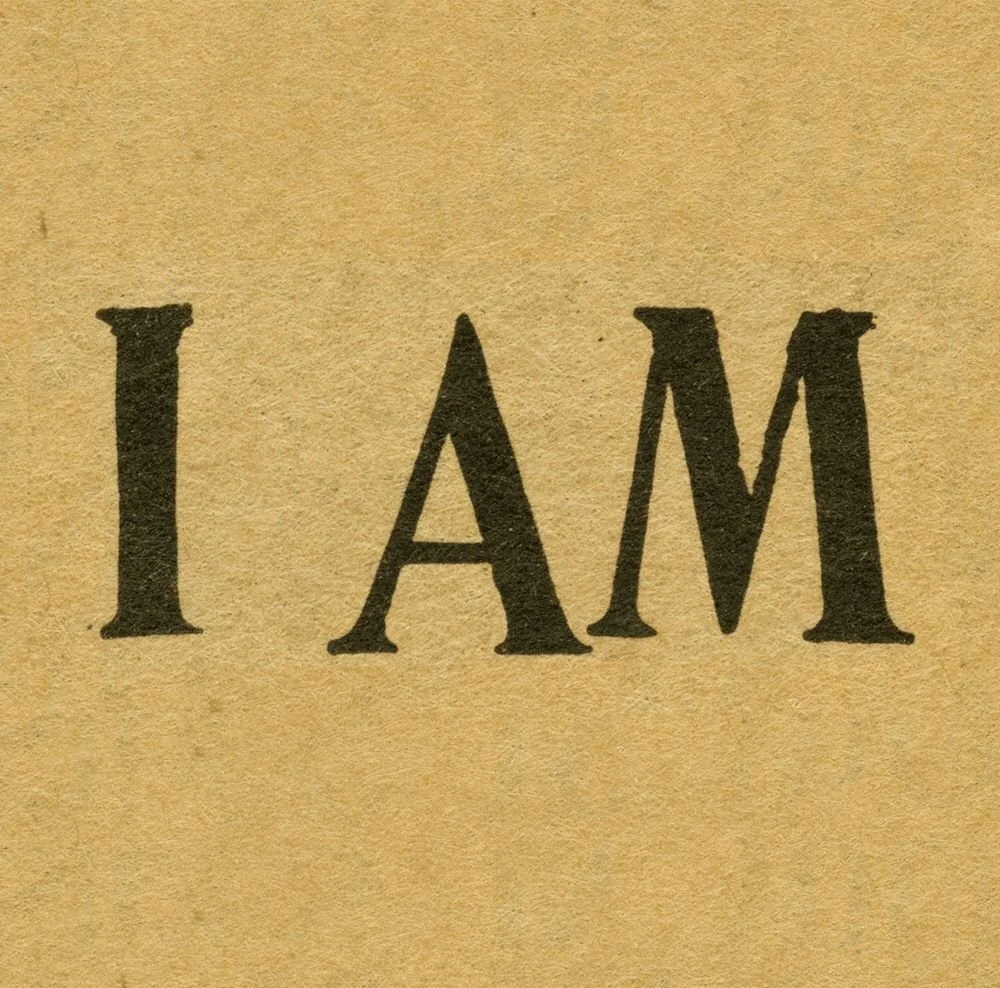
Mental health
Today I want to touch briefly on the topic; mental health. It’s something that I’ve been struggling a great deal with throughout my life.
I’ve had pits of depression and dealt with tons of anxiety. To be honest, it’s always a constant battle inside my mind. Especially, as I’ve been struggling with anxiety A LOT lately.
I just want you to know that you are not alone. Sometimes I feel like I’m going crazy - and let’s face it, sometimes I probably am. Because anxiety truly messes with one’s head.
Lately, I’ve had to fight my anxious thoughts literally. Every. Single. Second. Of. My. Day. (No kidding). While dealing with life in general. It’s been rough, but I’ve managed to get through it, over and over again. Day after day. It sucks, but better days are waiting ahead, as nothing is temporary. The only way out is through - and that’s true for any obstacles coming your way. Walk through the fire.
I just wanted to share this, to remind you (and myself) that whatever you are going through will pass, and life will make sense again. Never. Give. Up.
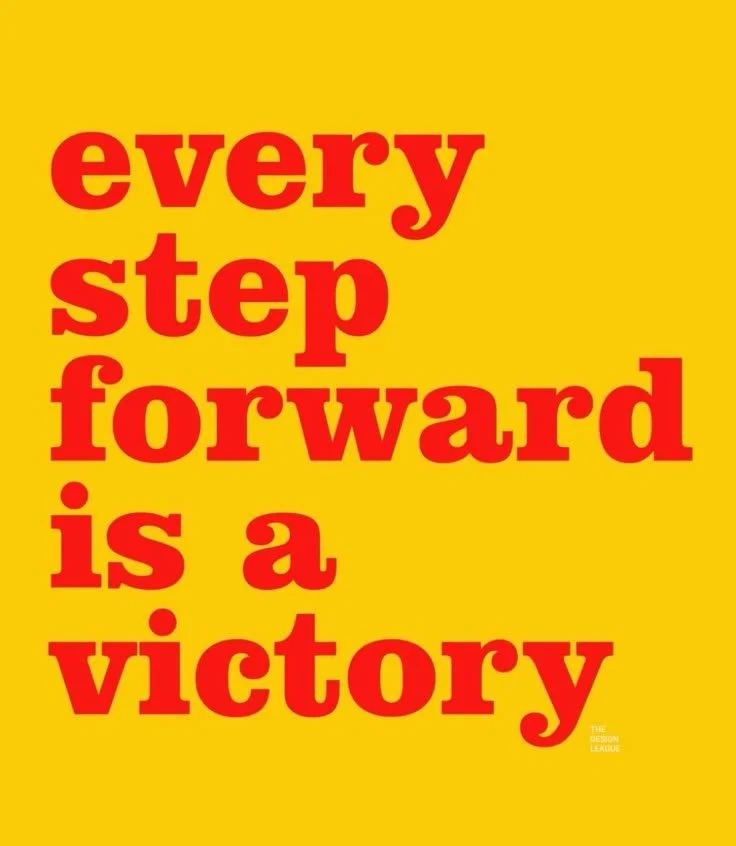
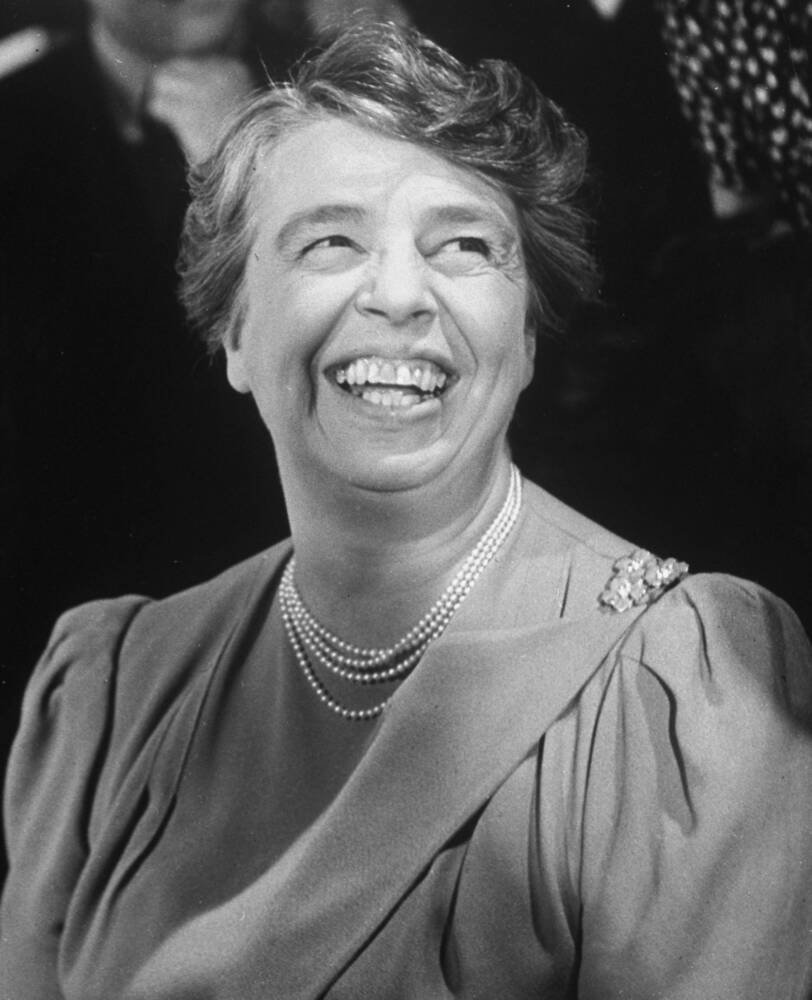
Eleanor Roosevelt
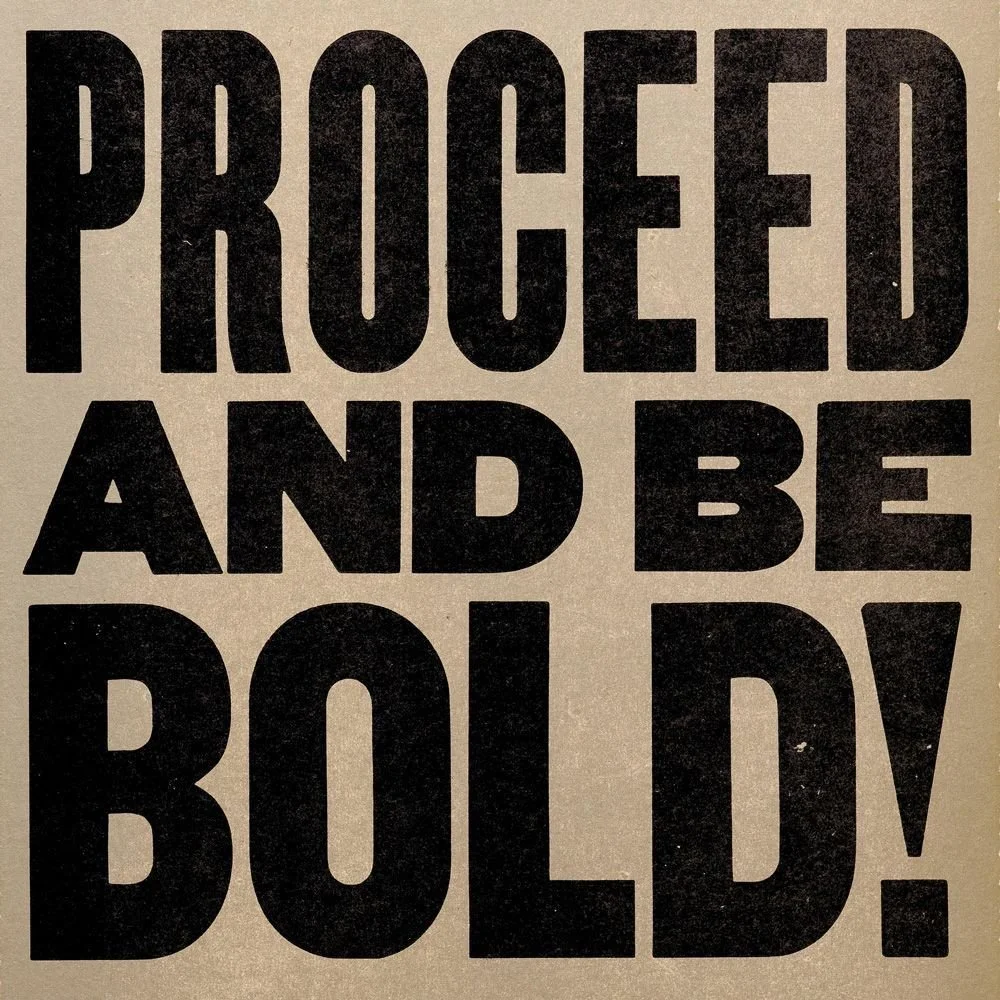
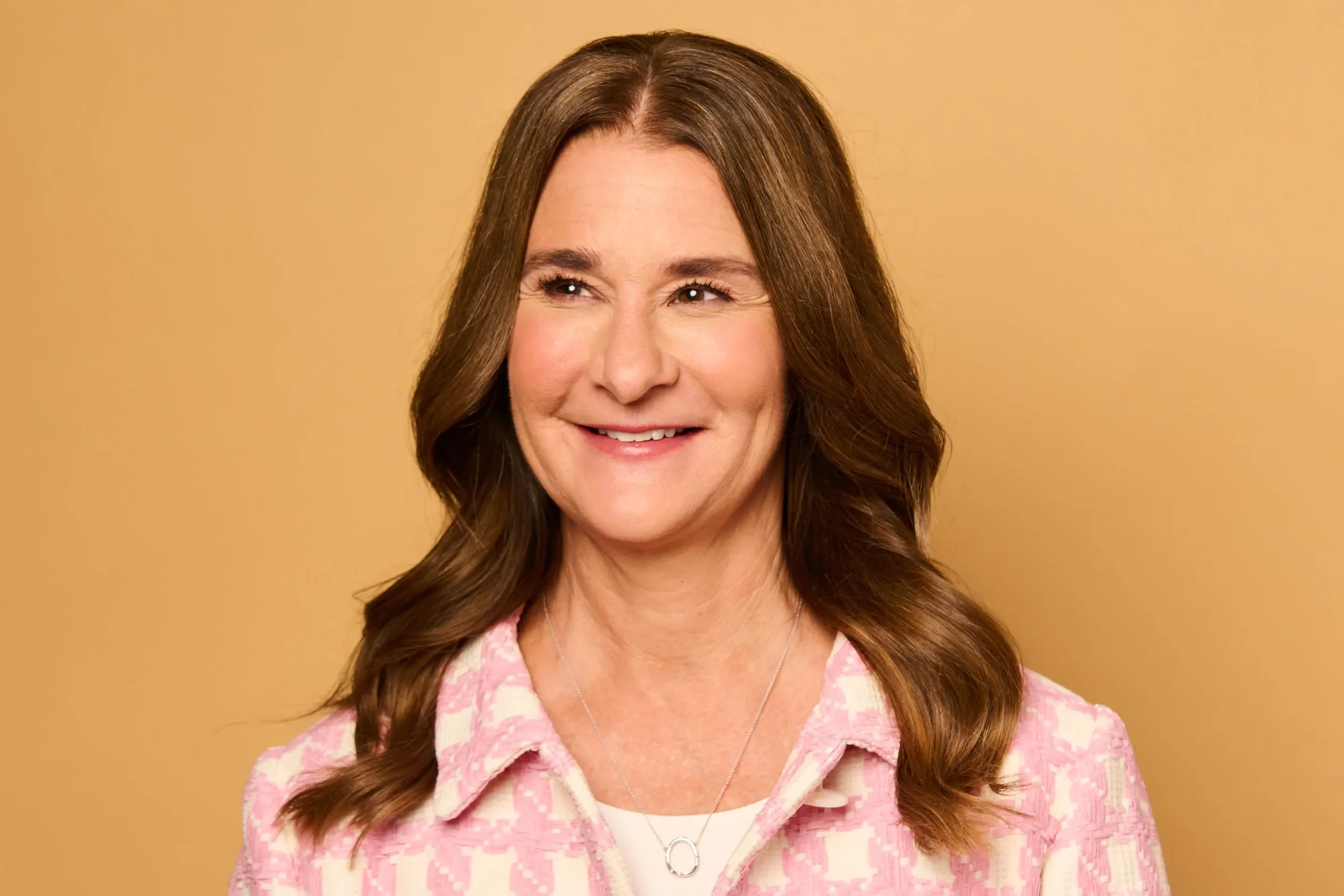
Melinda French Gates
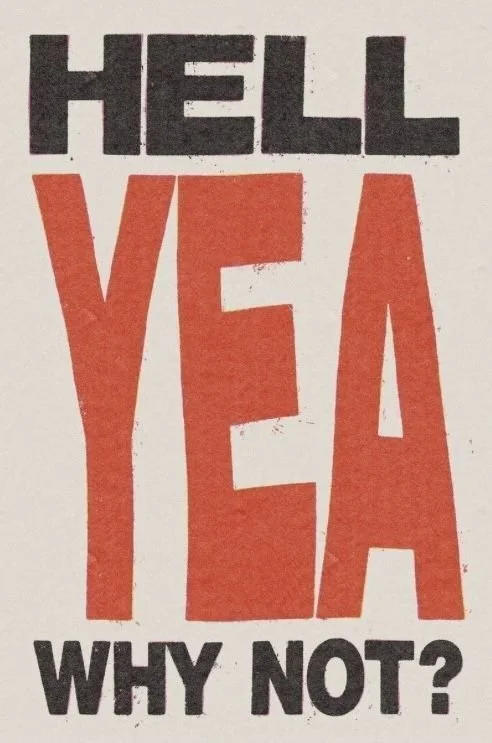
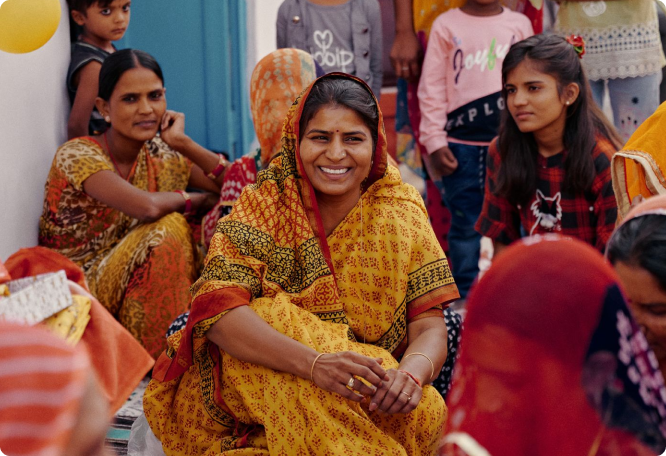
Madhu Vasihnaiv
Founder of Saheli Women
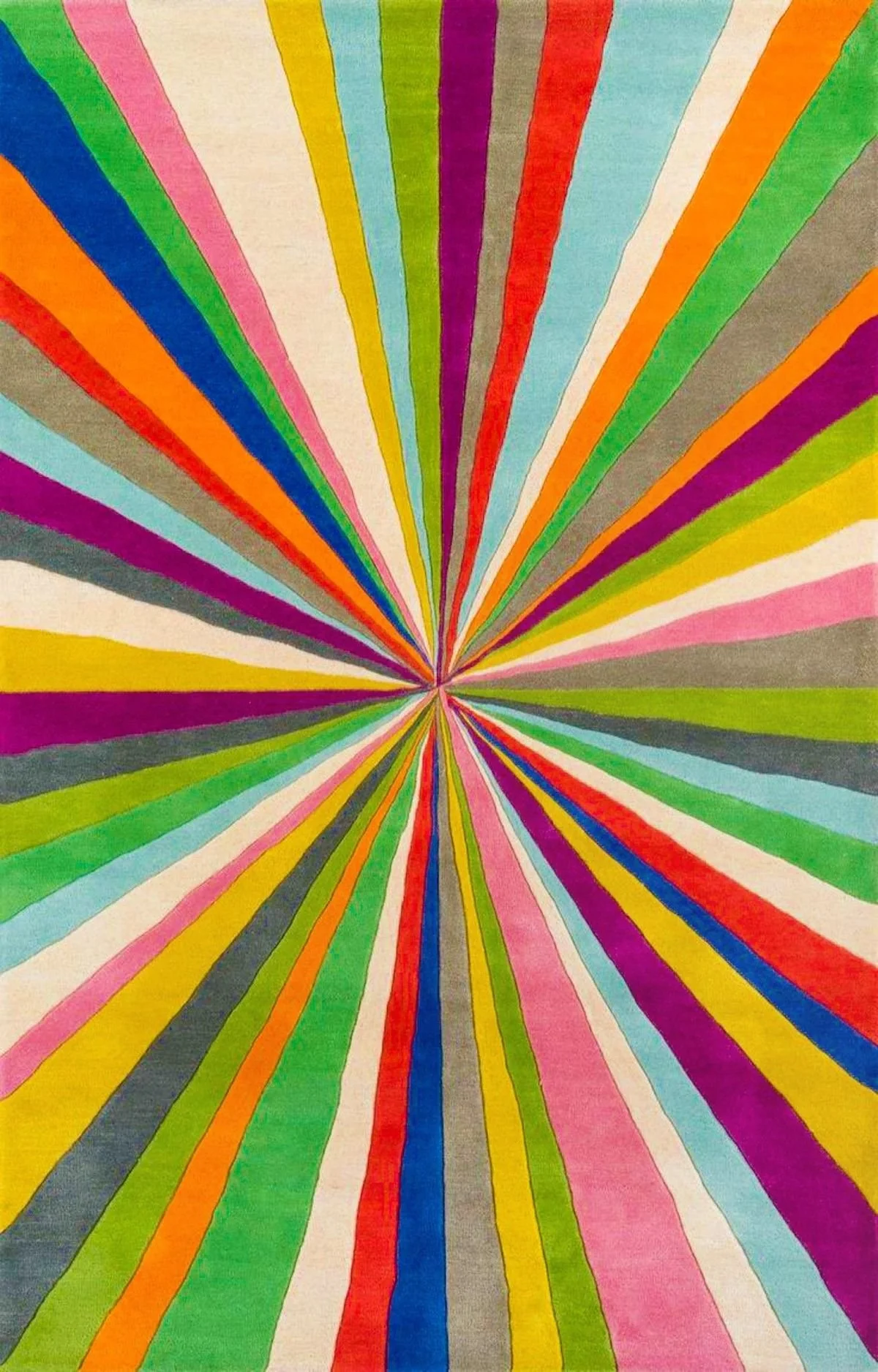
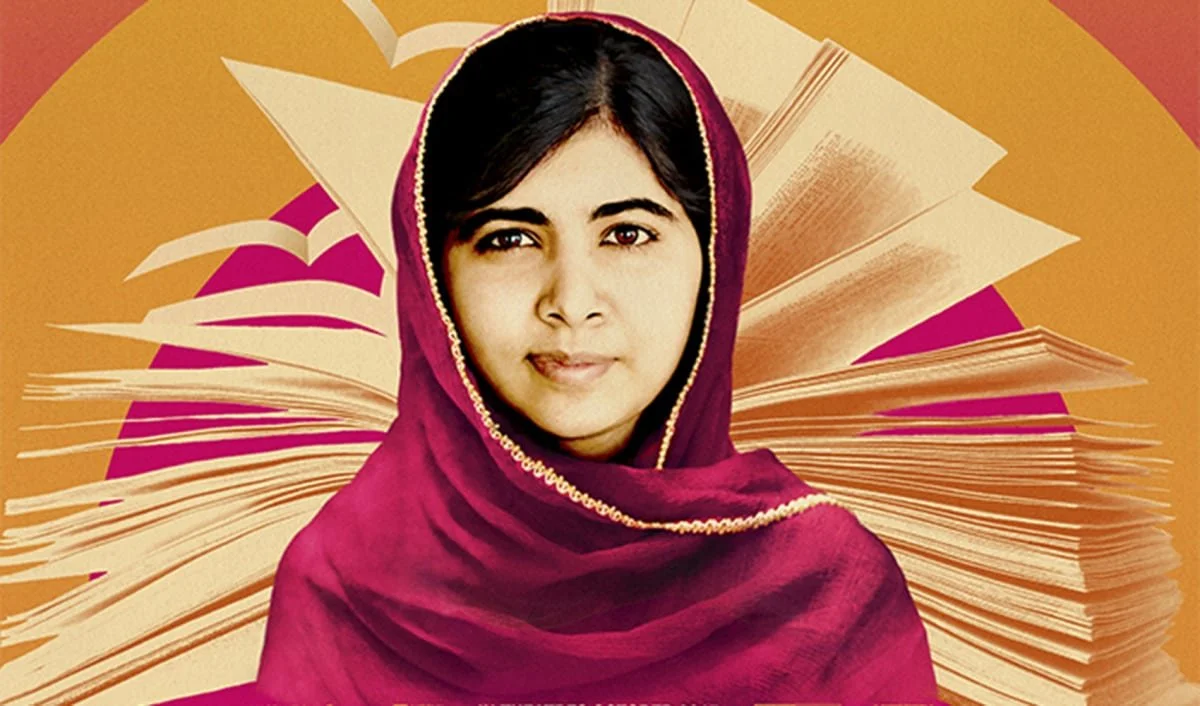
malala
Yousafzai
Jeanne Zizi Margot de Kroon
“Starting as a dream seedling of creating a brand that celebrates women's collectives, artisanal craft and our connection to the earth and its cycles, Jeanne de Kroon went to India on a mission to seek direction and inspiration for this dream, leading her to Madhu Vaishnav of Saheli Women. Madhu had just formed her women's social enterprise in the small rural village of Bhikamkor where she gathered women from her community together with their sewing machines to encourage community development through creativity and drive to facilitate women's economic and social rural independence.
After listening and learning with Madhu and the rest of the Saheli Women, Jeanne fell in love with their stories of strength and also fell back in love with fashion again. Inspired by her travels to India and a deep found respect for female co-creation and human stories, ZAZI was formed in Jeanne's small student bedroom starting with just 7 ikat dresses.” - The World of Zazi
Sterling Hyltin
Sterling Hyltin is an American ballet dancer who formerly served as a principal dancer with the New York City Ballet. She joined the company as an apprentice in 2002 and entered the corps de ballet the following year. In 2006, she was promoted to soloist, and just a year later, she rose to the rank of principal dancer.


